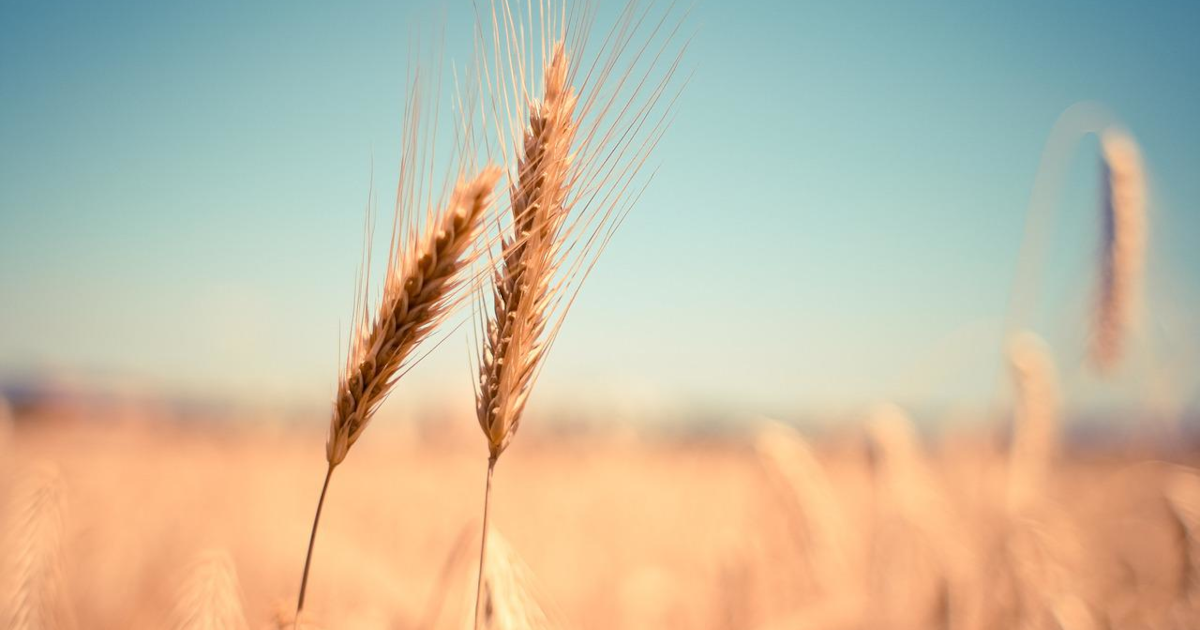
Did Wall Street Play a Role in This Year’s Wheat Price Crisis?
In late March, as Russia’s invasion of Ukraine entered its second month, U.N. agencies issued dire warnings regarding the world’s food supply. The war, they said, was pushing food-insecure countries to the brink of a “devastating” hunger crisis. Just two weeks after the war’s start, spot prices for a bushel of wheat skyrocketed from less than $8 to nearly $13.
April 1, 2023 | Source: Mongabay | by Ashoka Mukpo
In late March, as Russia’s invasion of Ukraine entered its second month, U.N. agencies began to issue dire warnings regarding the world’s food supply. The war, they said, was pushing food-insecure countries to the brink of a “devastating” hunger crisis, with the combination of brutal fighting in Ukraine and unprecedented economic sanctions on Russia threatening to disrupt as much as a third of the world’s wheat exports. Just two weeks after the war’s start, spot prices for a bushel of wheat skyrocketed from less than $8 to nearly $13.
The World Food Programme said the soaring prices were placing 345 million people at risk of “acute food insecurity,” with an additional 50 million drifting toward a state of emergency — particularly in North Africa, a region that relies on wheat imports from the two nations. Coming on the heels of a supply chain-disrupting pandemic, the situation was a “perfect storm,” as U.N. Secretary-General Antonio Guterres said in early June.
